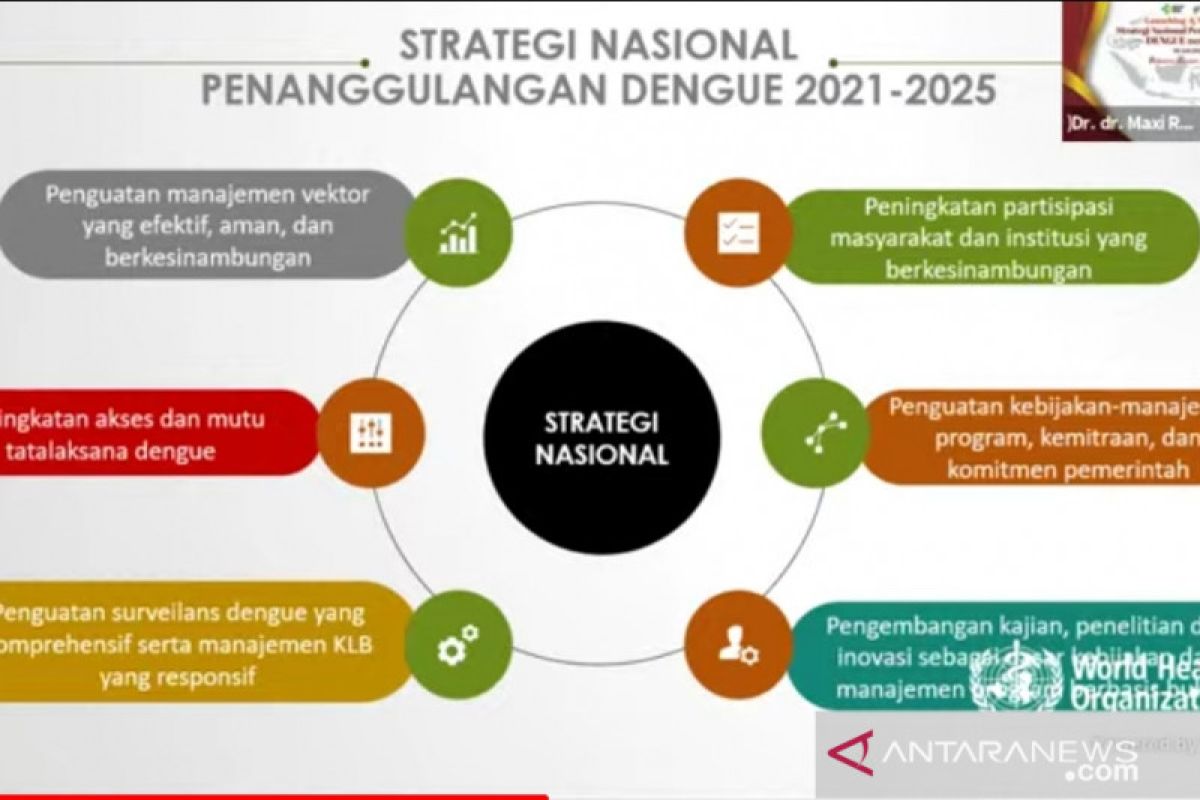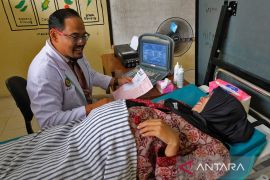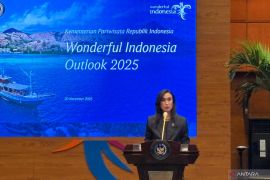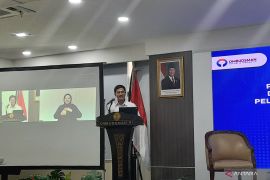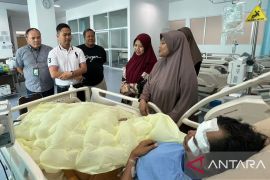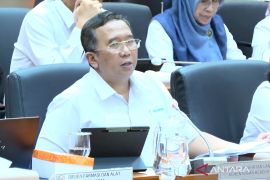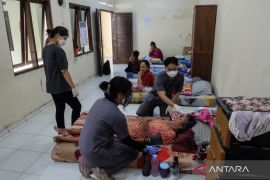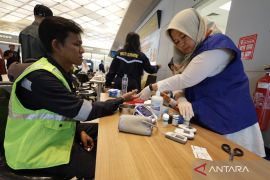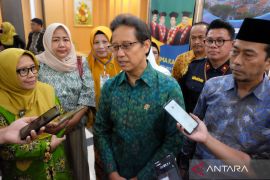These three additional programs are to strengthen the three programs that have been implemented so farJakarta (ANTARA) - The Indonesian Health Ministry has said it has further strengthened the National Strategy for Dengue Management by adding three new work programs, which will be implemented from 2021 to 2025.
"Initially, there were three main strategies, consisting of vector control efforts, increasing surveillance capacity, as well as governance and early detection," said Director of Prevention and Control of Infectious Diseases and Zoonoses at the Health Ministry, Didik Budijanto, at the launch of the National Strategy for Dengue Management 2021-2025.
The event was broadcast via the P2TVZ Youtube channel from here on Friday.
The new national strategy includes three more measures, including increasing community and institutional participation on an ongoing basis, strengthening program management policies, partnerships and government commitments, as well as developing studies, research and innovation as the basis for policies and evidence-based program management, he informed.
"These three additional programs are to strengthen the three programs that have been implemented so far," he said.
During Friday's launch, acting Director of Disease Control and Prevention at the ministry, Maxi Rondonuwu, said the general goal of the policy was to reduce the public health burden caused by dengue.
"In particular, the aim is to increase efforts to prevent dengue cases effectively, increase public access to quality dengue management, and strengthen surveillance and response to dengue cases and extraordinary cases, as well as increase public awareness and participation in sustainable dengue prevention," he added.
In the decades since the first dengue cases were reported in 1968 in Jakarta and Surabaya, the number of cases have continued to increase rapidly and have spread throughout the region, Rondonuwu pointed out.
"The cases have increased in the last 20 years. Even though it tends to increase, the mortality rate has always decreased to 1 percent since 2008, compared to cases of death that reached more than 40 percent in the previous few years," he said.
Although the death rate has shown a decline, the mortality in densely populated areas still needs to be a cause for concern, he added.
"From 2020 to 2022, the mortality rate could be reduced to 0.7 percent; from 2023 to 2024 to 0.6 percent; and, by 2025 to 0.5 percent," Rondonuwu suggested.
The COVID-19 pandemic has provided a valuable lesson that coordination, cross-sector collaboration, and solidarity are not just concepts, but extraordinary tools for resolving the nation's problems, he remarked.
"Hopefully, we can achieve the target of zero dengue deaths by 2030," he added.
The launch of the National Strategy for Dengue Management 2021-2025 was part of a series of events held to commemorate 2021 Asian Dengue Day, themed "Together Against Dengue in the Time of the COVID-19 Pandemic".
The event was attended by about 500 participants, comprising officials and representatives from institutions, professional organizations, 60 experts, and observers.
Related news: East Nusa Tenggara governor confirms 55 deaths from dengue fever
Related news: Dengue fever cases reach 71,633 until July 8: Health Ministry
Related news: Nearly 500 new dengue fever cases surface daily in Indonesia
Translator: Andi Firdaus, Katriana
Editor: Sri Haryati
Copyright © ANTARA 2021
